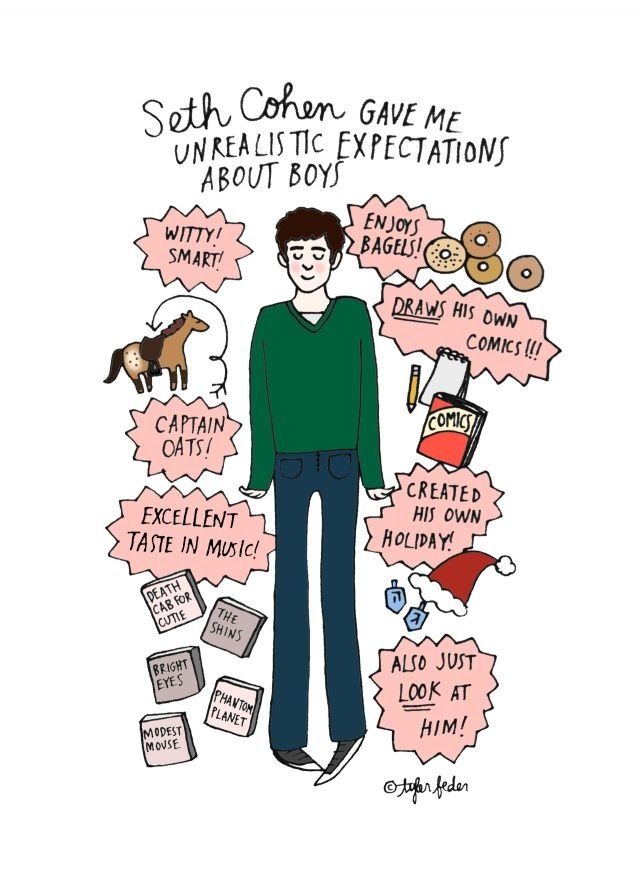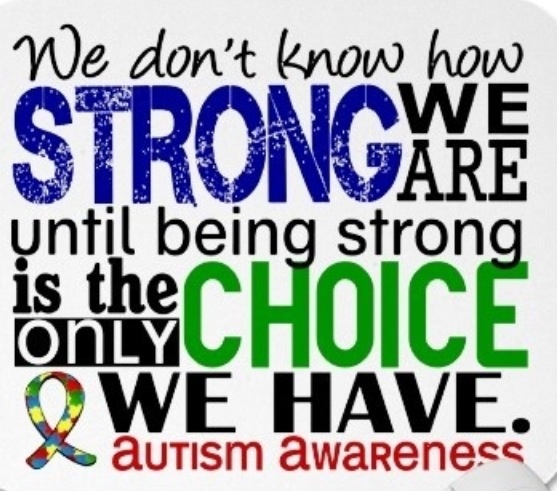Do you grow out of autism
Can You Grow Out of Autism?
Neurological development changes with age for everyone, even autistic folks. But that doesn’t mean you can grow out of autism.
Autism spectrum disorder (ASD) is a neurodevelopmental condition that may cause difficulty with communication in social settings and lead to repetitive behaviors.
Conversations around autism often are often centered on autistic children. Many people may question the prevalence of autism in adults and whether the diagnosis can change over time.
Although how autism may present in an individual can change, an individual cannot grow out of autism.
“ASD is not an on and off switch,” says Nicole Tetreault, PhD, a neuroscientist and author in Los Angeles. “It’s an identification meant to help people get the proper supports and guides in place so they thrive and live in their magic.”
A note on neurodivergent people
There is no cure for autism, and many people in the autistic community don’t feel the need for one. Instead, they recognize autism as a neurotype rather than a disability or condition that needs to be cured.
Neurodivergent folks, including autistic people, may communicate in diverse ways. For instance, avoiding eye contact and fidgeting may help them concentrate better or feel more comfortable in conversation.
Many autistic folks consider ASD an aspect of their personality rather than something to improve or fix. This is connected to the idea of using language like neurodivergent or neurodiverse, which conveys a variance in neurological processing without placing any values or judgment.
Everyone — including neurotypical people — grows and develops at different rates throughout their lives. And because autism exists on a spectrum, one person’s behavior can’t be compared with another’s.
“Humans develop asynchronously, [meaning] that regions of the brain grow at varying rates and time points and develop uniquely,” Tetreault says.
Yet some autistic folks may develop different coping skills as they get older.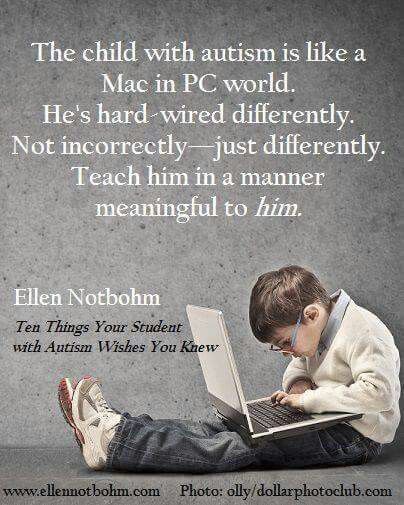 For example, stimming preferences may change as an autistic person finds different ways to self-soothe.
For example, stimming preferences may change as an autistic person finds different ways to self-soothe.
Diane Gould, a licensed clinical social worker and a therapist in Chicago, says that autistic individuals can become more adaptable, especially when they get the support they need.
She adds that the inverse may also be true — people with ASD may become more rigid, anxious, and less willing to engage with the world if they don’t get the support and accommodations they need to thrive.
Questioning whether an autistic person will “grow out of” their disorder is potentially harmful and fails to acknowledge autism as part of their identity.
Autistic folks shouldn’t have to feel like they need to change, and placing the expectation on them could suppress a fundamental aspect of their personality.
As a result, some autistic folks may mask their identity to please others. And in doing so, they may appear on the outside to have changed or “grown out” of their disorder.
“This takes a great toll on them and sometimes brings them to the point where they can’t function,” Gould says. “We need to be careful not to reinforce masking and instead learn to respect autistic people for who they are.”
Accepting autism as part of a person’s identity means supporting their unique strengths rather than aiming to change their behavior.
“The identification of autism can be misunderstood where people think of it as a deficit-based or that there is something to fix,” Tetreault says. “There is a unique individual — and the individual is beyond the label.”
She adds that encouraging autistic children to lean into their natural passions and interests can benefit them in the long run. And using language like “neurodivergent” helps an autistic person feel understood rather than ostracized.
Misdiagnoses among autistic adults may occur if external symptoms are less visible. In some cases, an autistic individual may be misdiagnosed with an alternate condition.
“Many girls and women have been told they have anxiety and ADHD when they are autistic,” Gould says. “Many boys and some girls are told that they have ADHD and (oppositional defiance disorder) ODD and can’t be autistic because they make eye contact, are imaginative, and socially motivated.”
As a result of being misdiagnosed, folks who may be on the autism spectrum cannot receive the support and care they need.
“People should not be diagnosed quickly from the DSM-5 — that could lead to an incorrect diagnosis that may be proved wrong later in life,” Gould says.
The expectation that someone will “grow out of autism” can be harmful and cause an autistic person to mask or hide who they truly are.
An accurate autism diagnosis will not change or disappear over time. But as neurodivergent folks continue to age and develop, how they interact with the world does, too — just like neurotypical individuals.
Adequate support systems and accommodations can aid in the healthy development and exploration of an autistic person’s identity.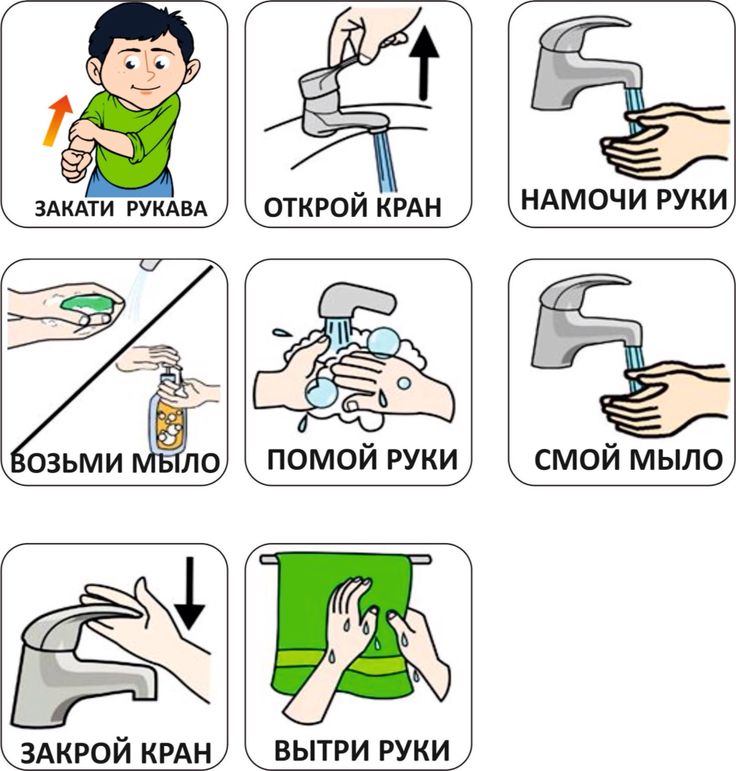 And specialized therapies can help autistic folks learn more about their coping skills, such as working with their stims or addressing comorbid mental health disorders.
And specialized therapies can help autistic folks learn more about their coping skills, such as working with their stims or addressing comorbid mental health disorders.
Can You Grow Out Of Autism? Does It Go Away On Its Own?
Autism, or Autism Spectrum Disorder (ASD), is a neurodevelopmental disorder. Autism includes a variety of conditions that affect communication, behavior, learning, and social interaction. Among the most common symptoms of autism are repetitive behaviors, impaired social communication, and restricted interests. ASD affects both sexes in children and adults.
If your child has been diagnosed with ASD, you may wonder if autism can go away or if kids grow out of autism. The short answer is that while symptoms may change over time, growing out of autism is possible, but not common. As a neurodevelopmental disorder, autism arises when there are abnormalities in brain development that cause dysregulation in brain functioning. [i]
It’s important to identify autism as early as possible so treatment intervention can have maximum impact.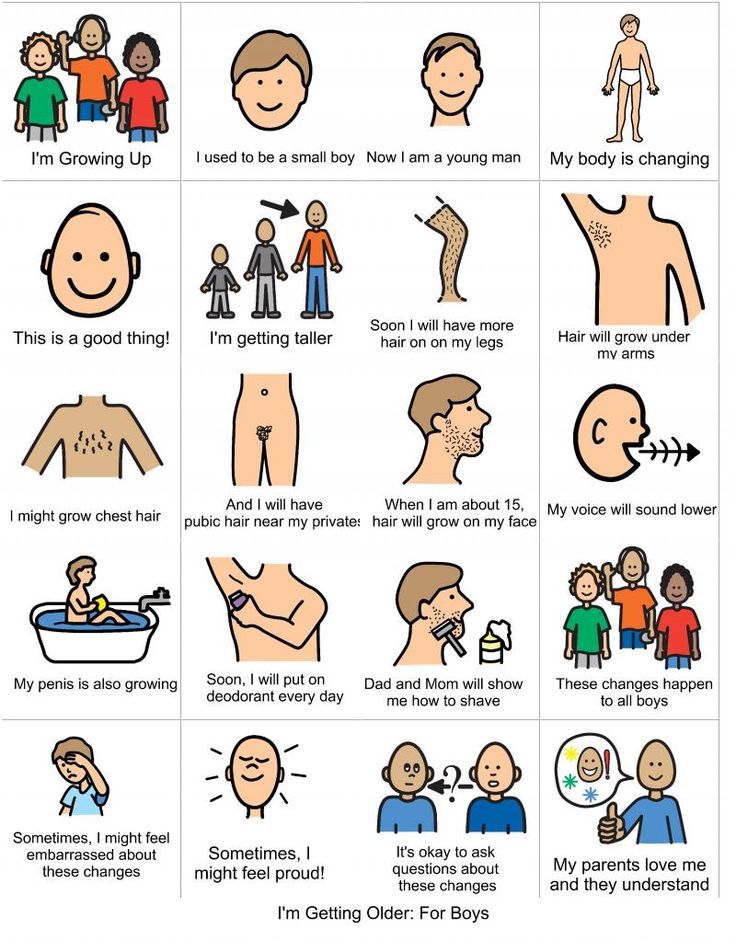 Autism diagnosis is not based on laboratory testing. Diagnosing autism requires observing the child’s behaviors and development over time. An early diagnosis will give parents and caretakers a head start in treating the disorder.
Autism diagnosis is not based on laboratory testing. Diagnosing autism requires observing the child’s behaviors and development over time. An early diagnosis will give parents and caretakers a head start in treating the disorder.
To learn more about how the Drake Institute can help patients with ASD, call us at 1-800-700-4233 or fill out the contact form.
What Is Autism?
Autism Spectrum Disorder affects every major area of a child’s life, especially social communication and behavior. ASD also includes disorders like Asperger’s and pervasive developmental disorder not otherwise specified (PDD-NOS).
Autism affects not only the brain but also the body (i.e., gut inflammation). A person with autism will have no notable external physical features that distinguish them from neurotypical individuals.
Autism also impacts people differently and with different manifestations of core symptoms.
What Are The Signs & Symptoms Of Autism?
Generally, the signs and symptoms of autism appear by age three, so most diagnoses happen in early childhood.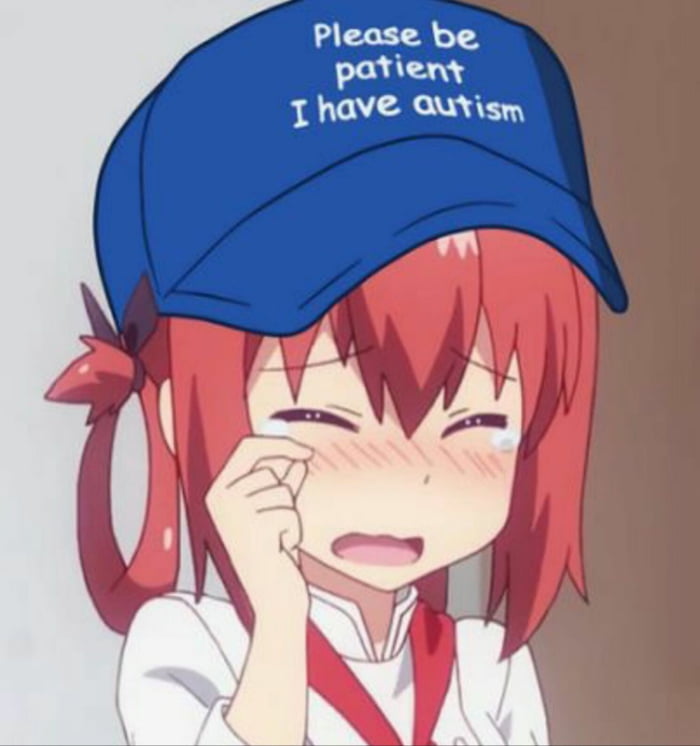 While autism presents differently for everyone, there are a few common symptoms of ASD in children, including lacking social reciprocity, avoiding eye contact, engaging in repetitive behaviors, and having restrictive interests.
While autism presents differently for everyone, there are a few common symptoms of ASD in children, including lacking social reciprocity, avoiding eye contact, engaging in repetitive behaviors, and having restrictive interests.
According to the CDC, the signs of autism include:
Communication Symptoms In Children
- Avoids eye contact
- Doesn’t respond to name by 9 months of age
- Lack of facial expressions (e.g., happy, sad, angry, etc.) by 9 months of age
- Doesn’t play simple interactive games (e.g., pat-e-cake) by 12 months of age
- Uses few or no hand gestures (e.g., doesn’t wave hello or goodbye) by 12 months of age
- Does not share interests with others (e.g., doesn’t show you their favorite toy) by 15 months of age
- Doesn’t point to show you something interesting by 18 months of age
- Doesn’t notice when others are hurt or upset by 24 months of age
- Doesn’t notice other children and play with them by 36 months of age
- Doesn’t pretend to be someone else (e.
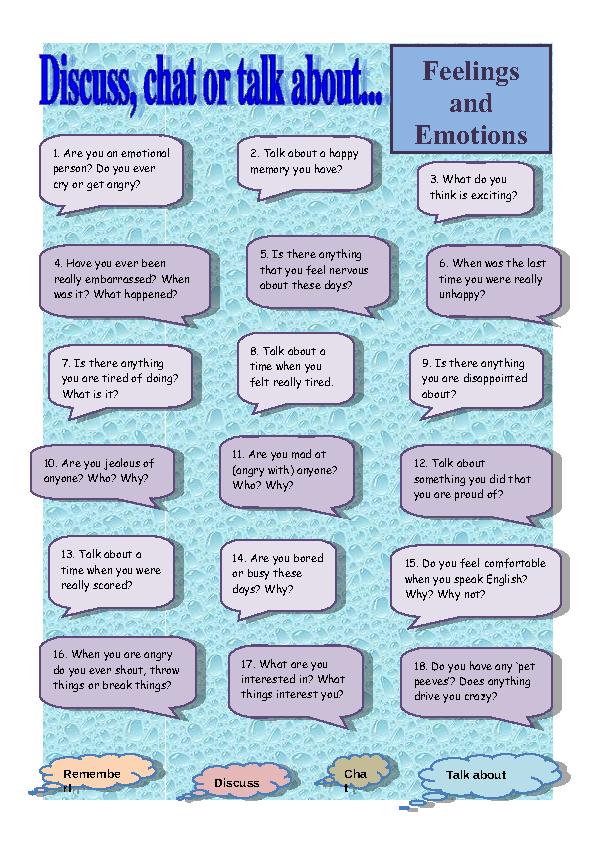 g., teacher, superhero, etc.) by 48 months of age
g., teacher, superhero, etc.) by 48 months of age - Doesn’t sing, act, or dance for you by 60 months of age
Behavioral Symptoms Of Autism In Children
- Gets upset when the “order” of their toys or other belongings is disturbed
- Repeats words or phrases
- Plays with toys the same way every time
- Focuses on parts of objects (e.g., wheels on a car)
- Gets upset by minor changes
- Has obsessive interests
- Follows specific routines
- Has unusual reactions to the way things taste, sound, look, or feel
How Autism Symptoms Can Change Over Time
Typically, autism is permanent, though there are cases where people outgrow it or it resolves. With that said, autism symptoms can and do change with age.
How symptoms change will depend on each individual’s unique experience with autism and clinical intervention. Early intervention can help individuals with autism learn how to improve their symptoms and develop more functional skills.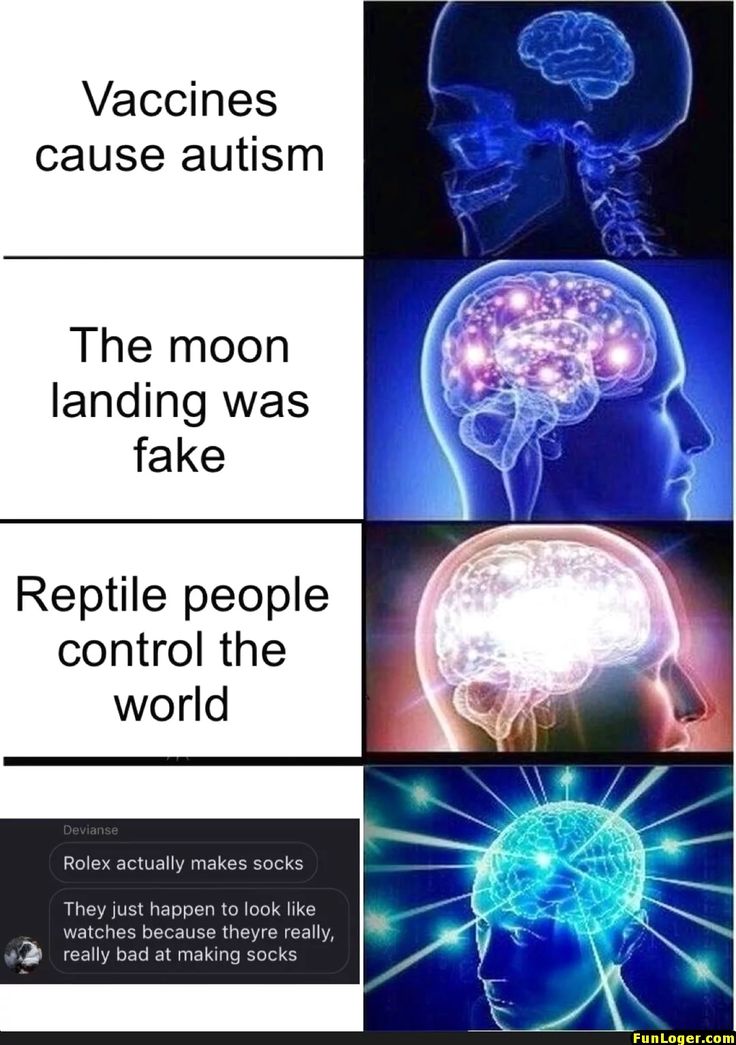 [ii][iii]
[ii][iii]
Do Children Grow Out Of Autism?
Many parents obviously hope you can outgrow autism symptoms. An autism diagnosis can be devastating for parents and may have them wondering if their child with autism can grow up “normal” and lead a normal, fulfilling life.
According to the Cleveland Clinic, autism is a lifelong condition. Growing out of autism is not an outcome that is commonly reported, but there are cases where symptoms dissipate. [iv] [v]
Whether an autistic child can become “normal” depends on a variety of factors, including the severity of symptoms, possible contributing factors, comorbid conditions, early intervention and comprehensive treatment, and the child’s specific case.[vi] [vii]
Can Autism Be Cured?
Does autism go away? Can it be cured?
As of yet, there is no indication that autism can be cured. It is also not a disorder that typically disappears on its own. Because autism is viewed as permanent, comprehensive treatment provides a better prognosis.
Early diagnosis and comprehensive treatment intervention tends to lead to the best improvement for autistic children.[viii]
Autism Evaluation: How Does It Work?
As a neurodevelopmental disorder, autism can be detected quite early on in a child’s life. Most diagnoses are made by age two or three. In some cases, ASD can be identified at just 18 months old. [ix]
Close observation by parents, doctors, educators, and childcare providers will help ensure that developmental delays can be identified early on.
Your child’s doctor will ask about how your child is reaching milestones. They’ll also likely ask about a family history of autism. If autism is suspected, they may perform a screening and ask questions about behavior, emotion, language, and motor skills.
A formal evaluation is needed if screening indicates the presence of ASD symptoms. This may include observations and parent interviews. [x]
What Are The Causes Of Autism?
Though scientists are continuously studying autism, there is so far no single identified cause.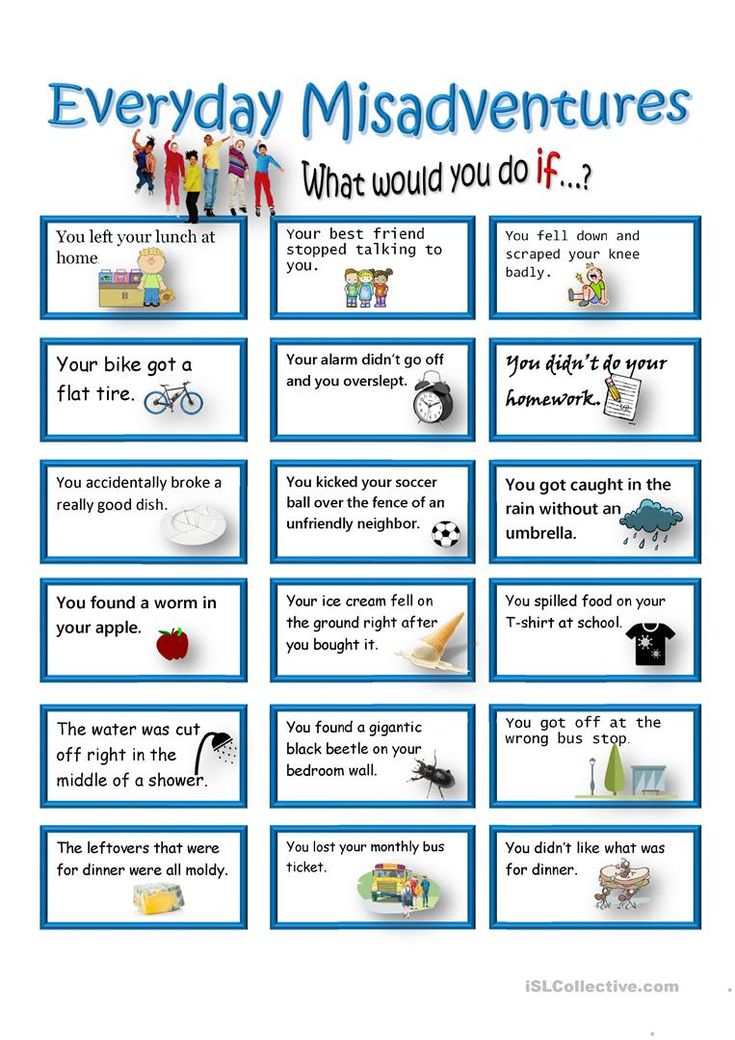 However, several risk factors could indicate a stronger likelihood of autism.
However, several risk factors could indicate a stronger likelihood of autism.
Some genetic conditions, like fragile X syndrome, are associated with a higher presence of autism. Having a sibling with autism or being born to older parents are also risk factors. [xi]
How The Drake Institute Treats Autism
For over 40 years, the Drake Institute has been using advanced treatment technologies to treat a variety of brain-based medical conditions such as ADHD, Autism Spectrum Disorder, and stress disorders including PTSD, anxiety, depression, insomnia, and more. Using a combination of brain mapping and neurofeedback, our Medical Director creates customized treatment protocols to address each patient’s needs. Here’s how we do it:
Brain Mapping
To begin treatment, the autistic patient’s brain must be mapped. Brain mapping helps us identify which areas of the brain specifically are experiencing dysregulation. 19 sensors are placed around the scalp in areas of the brain responsible for language, social/emotional understanding, memory, executive functioning, and behavioral/emotional regulation.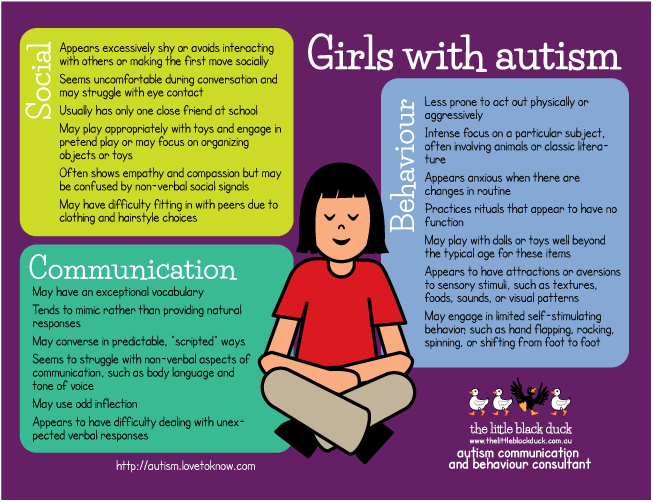
The sensors measure and record brainwave activity that is processed through a normative FDA-registered database of same-age individuals with neurotypical brain activity.
When we compare the patient’s results with those of neurotypical individuals, we can identify regions or networks of the brain that are dysregulated and linked to symptoms. Once we know what areas are dysregulated and linked to symptoms, we can design an individualized treatment program.
Neurofeedback
During neurofeedback training, sensors are once again placed around the scalp. The sensors send the brainwave activity to be displayed visually in real-time on a computer screen with auditory feedback as well.
During neurofeedback treatment sessions, the patient will learn to improve brain activity by guiding it toward healthier more appropriately functional brainwave patterns. No drugs are administered, and there are no invasive procedures involved. Instead, the patient is improving their own brain functioning, guided by the feedback of visual images and auditory sounds.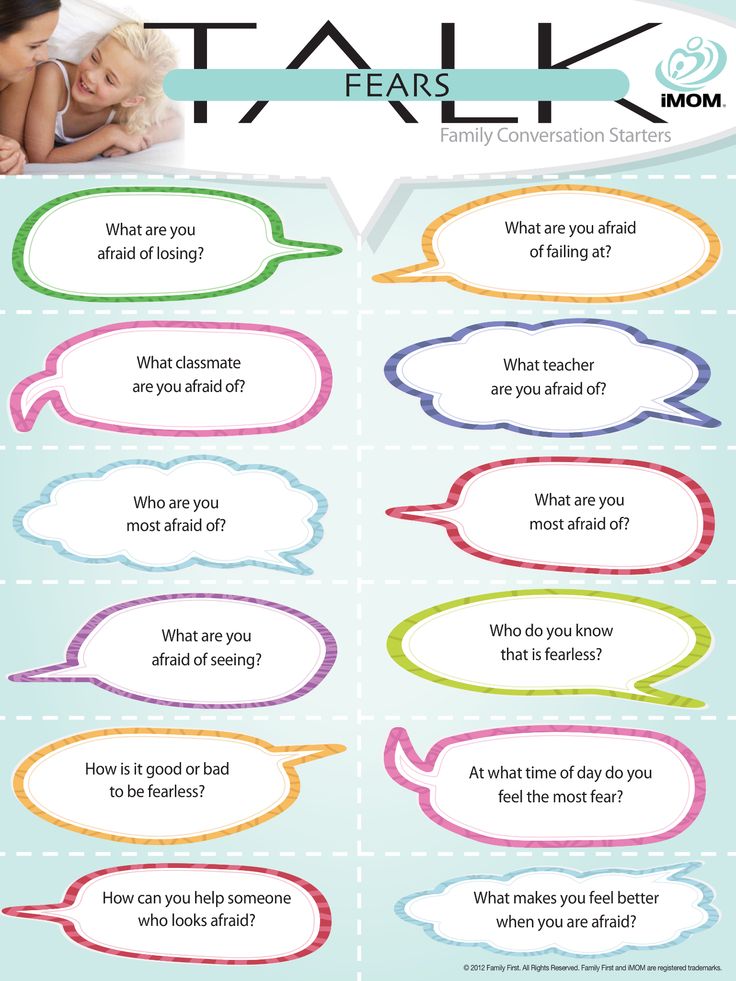
Neurostimulation
As an adjunct to neurofeedback, we may also use neurostimulation guided by qEEG brain map findings to gently stimulate the brain into healthier functional patterns. In our experience, some patients may benefit even more from neurofeedback if we also use neurostimulation. We have found this particularly helpful for lower-functioning children on the Autism Spectrum.
Contact The Drake Institute Today!
For over forty years, Drake has helped thousands of patients with various disorders such as autism, ADHD, anxiety, depression, insomnia, migraine headaches, and hypertension achieve an improved quality of life by reducing their symptoms. Call us at 1-800-700-4233 or fill out the free consultation form to get started.
[i] https://psychcentral.com/autism/can-you-grow-out-of-autism
[ii] https://psychcentral.com/autism/can-you-grow-out-of-autism#potential-changes-over-time
[iii] https://health.ucdavis.edu/news/headlines/autism-characteristics-can-change-significantly-from-ages-3-to-11/2022/04
[iv] https://my.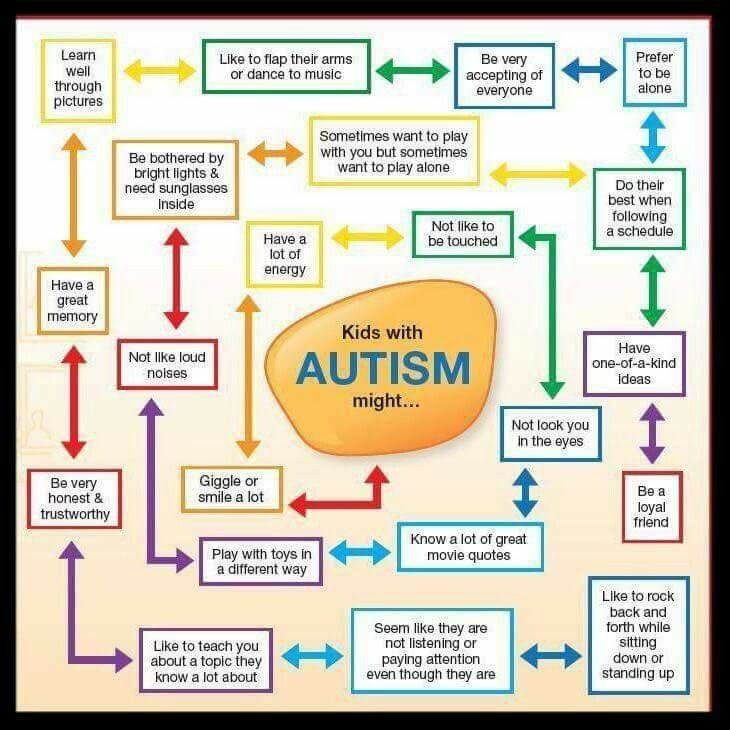 clevelandclinic.org/health/diseases/8855-autism
clevelandclinic.org/health/diseases/8855-autism
[v] https://www.nih.gov/news-events/nih-research-matters/early-autism-may-not-last-lifetime
[vi] https://www.sciencedaily.com/releases/2019/03/190312075923.htm
[vii] https://health.choc.org/can-children-outgrow-autism/
[viii] https://www.mayoclinic.org/diseases-conditions/autism-spectrum-disorder/diagnosis-treatment/drc-20352934
[ix] https://www.cdc.gov/ncbddd/autism/screening.html
[x] https://www.cdc.gov/ncbddd/autism/screening.html
[xi] https://www.cdc.gov/ncbddd/autism/facts.html
“David F. Velkoff, M.D., our Medical Director and co-founder, supervises all evaluation procedures and treatment programs. He is recognized as a physician pioneer in using biofeedback, qEEG brain mapping, neurofeedback, and neuromodulation in the treatment of ADHD, Autism Spectrum Disorders, and stress related illnesses including anxiety, depression, insomnia, and high blood pressure.
Dr. David Velkoff earned his Master’s degree in Psychology from the California State University at Los Angeles in 1975, and his Doctor of Medicine degree from Emory University School of Medicine in Atlanta in 1976.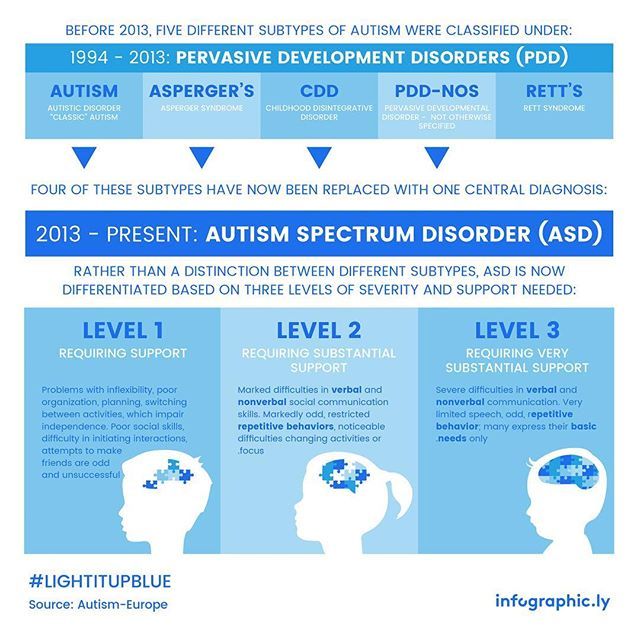 This was followed by Dr. Velkoff completing his internship in Obstetrics and Gynecology with an elective in Neurology at the University of California Medical Center in Irvine. He then shifted his specialty to Neurophysical Medicine and received his initial training in biofeedback/neurofeedback in Neurophysical Medicine from the leading doctors in the world in biofeedback at the renown Menninger Clinic in Topeka, Kansas. In 1980, he co-founded the Drake Institute of Neurophysical Medicine.
Seeking to better understand the link between illness and the mind, Dr. Velkoff served as the clinical director of an international research study on psychoneuroimmunology with the UCLA School of Medicine, Department of Microbiology and Immunology, and the Pasteur Institute in Paris. This was a follow-up study to an earlier clinical collaborative effort with UCLA School of Medicine demonstrating how the Drake Institute's stress treatment resulted in improved immune functioning of natural killer cell activity.
This was followed by Dr. Velkoff completing his internship in Obstetrics and Gynecology with an elective in Neurology at the University of California Medical Center in Irvine. He then shifted his specialty to Neurophysical Medicine and received his initial training in biofeedback/neurofeedback in Neurophysical Medicine from the leading doctors in the world in biofeedback at the renown Menninger Clinic in Topeka, Kansas. In 1980, he co-founded the Drake Institute of Neurophysical Medicine.
Seeking to better understand the link between illness and the mind, Dr. Velkoff served as the clinical director of an international research study on psychoneuroimmunology with the UCLA School of Medicine, Department of Microbiology and Immunology, and the Pasteur Institute in Paris. This was a follow-up study to an earlier clinical collaborative effort with UCLA School of Medicine demonstrating how the Drake Institute's stress treatment resulted in improved immune functioning of natural killer cell activity.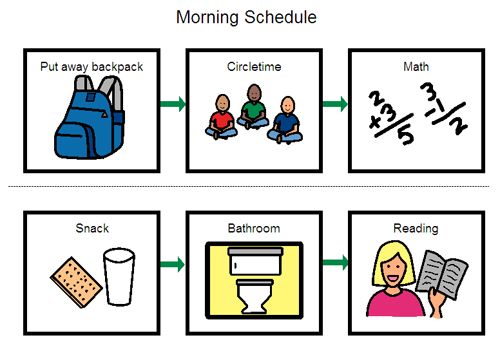 Dr. Velkoff served as one of the founding associate editors of the scientific publication, Journal of Neurotherapy. He has been an invited guest lecturer at Los Angeles Children's Hospital, UCLA, Cedars Sinai Medical Center-Thalians Mental Health Center, St. John's Hospital in Santa Monica,
California, and CHADD. He has been a medical consultant in Neurophysical Medicine to CNN, National Geographic Channel, Discovery Channel, Univision, and PBS.”
Dr. Velkoff served as one of the founding associate editors of the scientific publication, Journal of Neurotherapy. He has been an invited guest lecturer at Los Angeles Children's Hospital, UCLA, Cedars Sinai Medical Center-Thalians Mental Health Center, St. John's Hospital in Santa Monica,
California, and CHADD. He has been a medical consultant in Neurophysical Medicine to CNN, National Geographic Channel, Discovery Channel, Univision, and PBS.”
More About What Makes Drake Institute Unique
Autism "Adult": How to live for those diagnosed with autism as adults
- Eva Ontiveros
- BBC World Service
Image copyright, Getty Images
Image caption,A diagnosis, no matter how late it is, can help a person cope with daily life with greater confidence
"I was finally able to figure out what was wrong with me. You can't imagine how relieved I felt!" - says Sudhanshu Grover in an interview with the BBC.
You can't imagine how relieved I felt!" - says Sudhanshu Grover in an interview with the BBC.
"I have two sons with autism and I work with children with autism, but I never knew this was the case for me," says Sudhanshu. She lives in New Delhi and was diagnosed when she was about 40
- Interview: people with autism see the world differently
- "Life with autism": an educational program that is never superfluous
"That explained everything in my life!" echoes Alice Rowe, who was also diagnosed in adulthood.
"I have lived my whole life in anxiety and isolation, feeling that I am different from others. It seemed to me that my life was much less understood than others. It was very comforting and helpful to realize that my problem had a rationale, and that I I'm not alone in this," says Alice, who lives in the UK.
To celebrate World Autism Awareness Day, the BBC talks about autism and how it can make a difference in people's lives.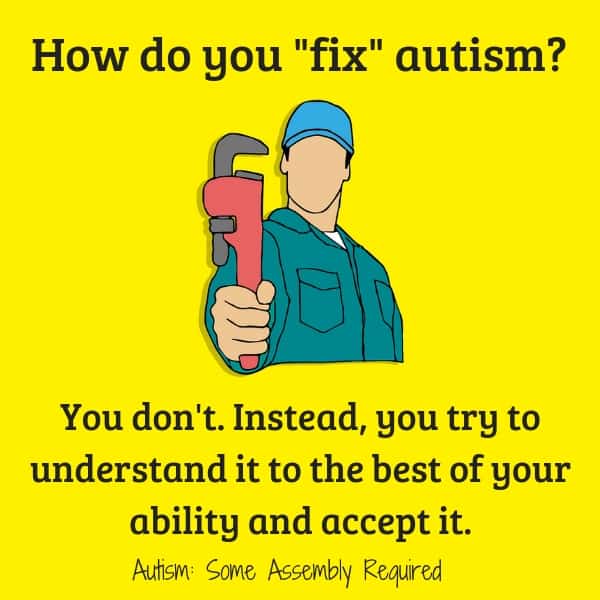
Autism in adulthood
Photo credit, Getty Images
Image captionMany live feeling "different" but don't understand why they feel that way
Get worldwide data on autism spectrum disorders (ASD) ) is often difficult because the condition is not equally recognized and diagnosed in different countries.
According to the World Health Organization, 1 in 160 children worldwide have an autism spectrum disorder (ASD), but reliable global data for adults are not yet available.
The Centers for Disease Control and Prevention (CDC) estimates that in the United States, where data has been collected systematically, 2.21% of the adult population has ASD.
WHO describes ASD as a developmental disorder that affects communication and behavior and can be diagnosed at any age.
Autism refers to a whole range of such disorders: each person with autism has different combinations of autistic traits with varying degrees of intensity.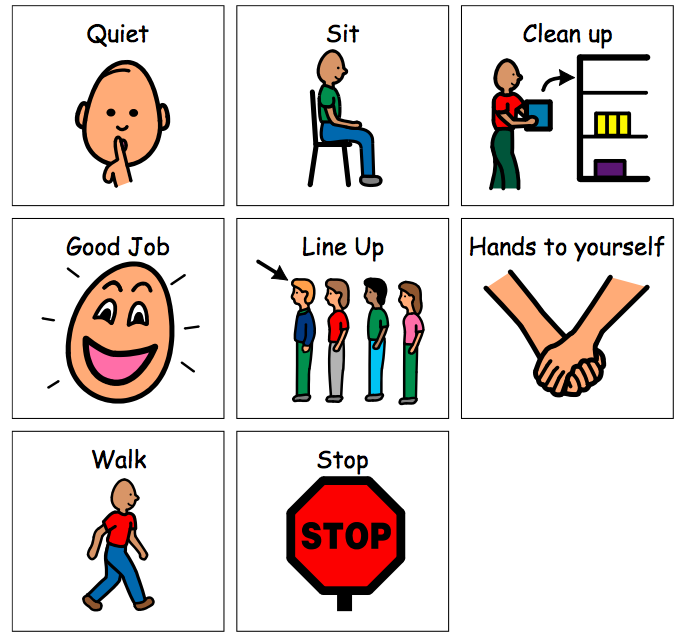
- How a boy with autism became a professor
It is usually discovered in childhood because symptoms usually appear in the first two years of life, but many people only realize they are living with autism as adults or are not diagnosed at all.
Late diagnosis is especially common in women. One reason for this may be that women are often better at copying the social cues they see around them, hiding or masking unusual behavior from those around them.
It is important to note that autism is not a disease. The brain of a person with ASD works differently than the brains of other people, according to the website of the British National Health Service.
There is no cure for autism - if you have autism, it's for life - but people with ASD can greatly benefit from the right support, tailored to their specific needs.
Why are not all cases of ASD detected?
Image copyright, Getty Images
Image caption,"ASD is a complex condition that can't be 'seen'," says Alice
Sudhanshu Grover is Head of Education Services at Action for Autism, an Indian non-profit organization.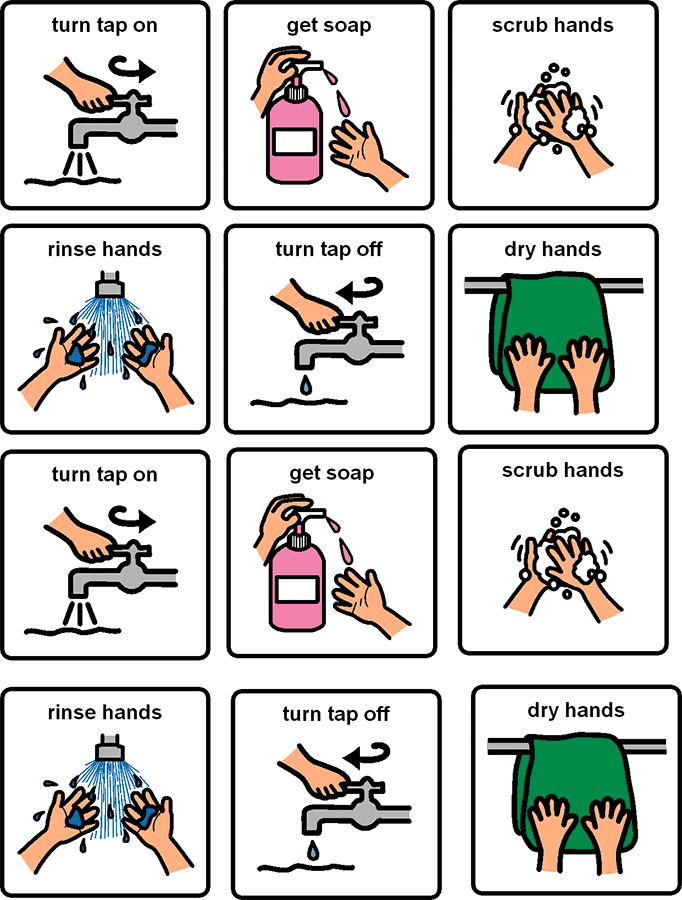
"My children were diagnosed 20 years ago, at the age of three. That's why I started working with children with autism," says Sudhanshu. "But I myself never thought that I could also have autism."
For two decades, Sudhanshu has worked with children and parents to help them better understand autism.
- Living with autism: at what age is it not too late to expect success?
Skip the Podcast and continue reading.
Podcast
What was that?
We quickly, simply and clearly explain what happened, why it's important and what's next.
episodes
The End of the Story Podcast
It wasn't until she was 48 that she began to wonder if she might also have autism.
“I started noticing how difficult it was for me to communicate with people and how difficult it was for them to understand things the way I wanted them to… or they understood things differently than I do,” she says.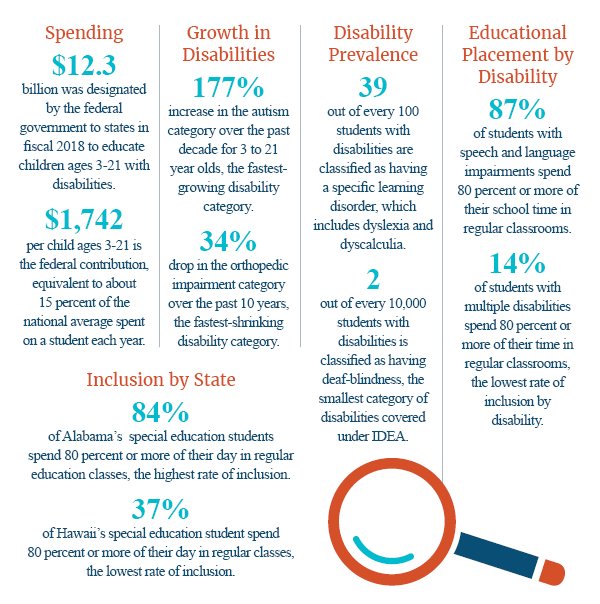 “It was generally difficult for me to communicate and make friends… I thought it was all about shyness. When I got along with people, I did it well, so I always had one or two close friends, but never large groups of acquaintances. "
“It was generally difficult for me to communicate and make friends… I thought it was all about shyness. When I got along with people, I did it well, so I always had one or two close friends, but never large groups of acquaintances. "
But more and more often Sudhanshu realized that communication was not easy for her: "I just went dumb when the situation was too tense. Or I analyzed it too carefully."
By now, Sudhanshu knew enough about autism to understand that it doesn't just affect children, and that many adults may not be aware of their diagnosis for life.
"Given the opportunities, conditions and benefits available to people with autism in India, I knew that at my age I would not be diagnosed in a public hospital," says Sudhanshu, "so I had to turn to a private company."
"It's been almost a year and a half and I'm still trying to figure out what it means to me. I haven't fully realized it yet, but I've been able to understand why sometimes I act the way I do," she says.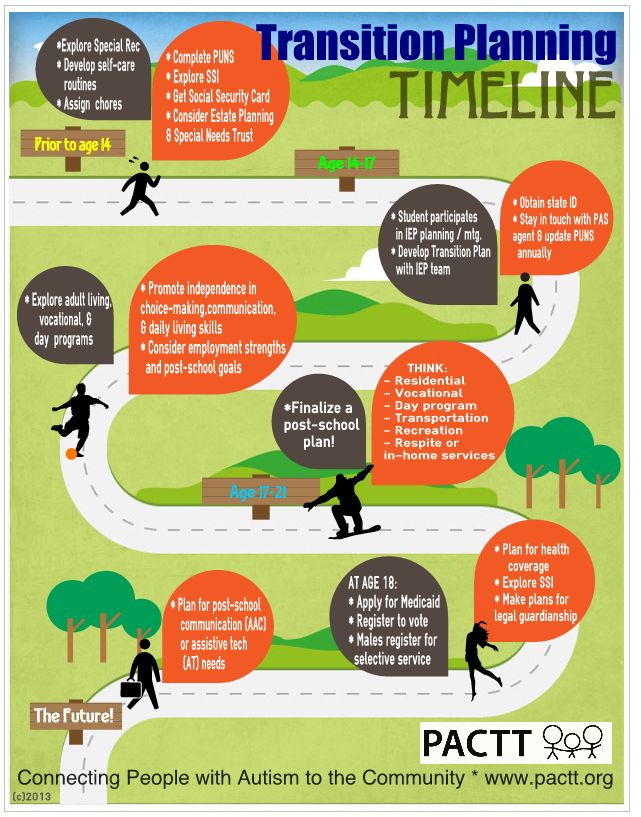
In the end, there were positive aspects to this diagnosis.
"I work with children with autism. When parents ask how their children's lives might turn out, I tell them about my own autism. I'm very open about this because I think things will change when people start paying more attention." what you do. It makes everyone's life easier," says Sudhanshu.
Fighting prejudice
Photo by Sanjiv Soni
Image captionSylvia Moraa Mochabo: "Autism diagnosis can label you in society and not everyone is willing to carry that burden"
"On the African continent it is very difficult for adults to simply accept this diagnosis," Silvia Moraa Mochabo tells the BBC. "Autism is still perceived as a stigma in society."
Sylvia is a technology entrepreneur in Kenya and founder of Andy Speaks 4 Special Needs Persons Africa.
Under the pseudonyms Ms. Africa Elite 2020, Ms.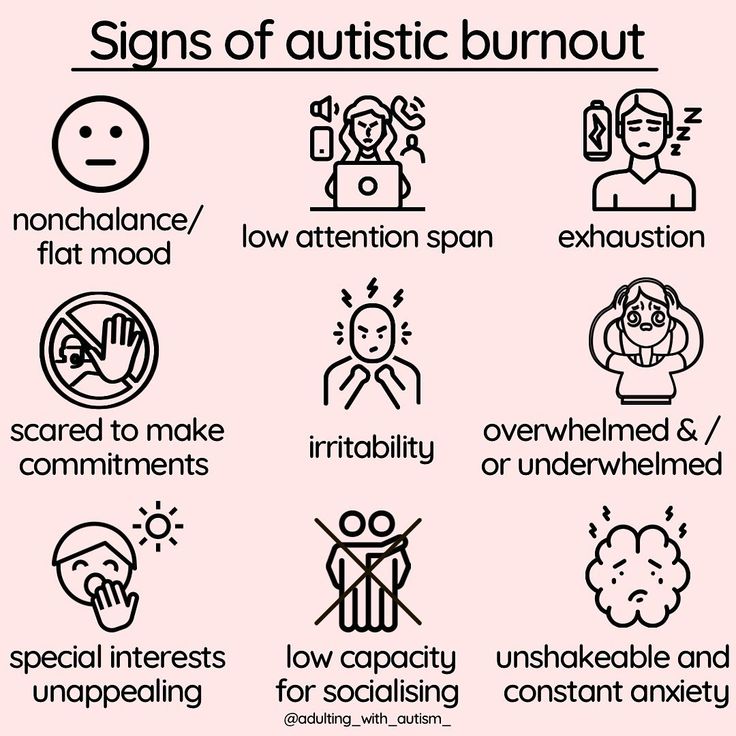 Africa United Nation 2020 and Ms. Elite Face of Africa 2020 she also leads an outreach campaign on neurodevelopmental disorders and autism.
Africa United Nation 2020 and Ms. Elite Face of Africa 2020 she also leads an outreach campaign on neurodevelopmental disorders and autism.
"Lack of knowledge leads to a lack of diagnosis at a later age. In three years, I have only been aware of three cases of autism in adults. But even children are not diagnosed by doctors, and we lack early diagnosis," Silvia adds.
Two of her three sons have autism and Sylvia worries they won't be able to live a fulfilling life because "bearing the stigma of being autistic is still a very big problem for an adult."
- Living with autism: a sensational study on supereducation
Natalia works in the media and was diagnosed with ASD in adulthood. She does not want to reveal her full name because it has already affected her work in the past.
"We all have dreams and a desire to succeed in life... it doesn't go away because we're different.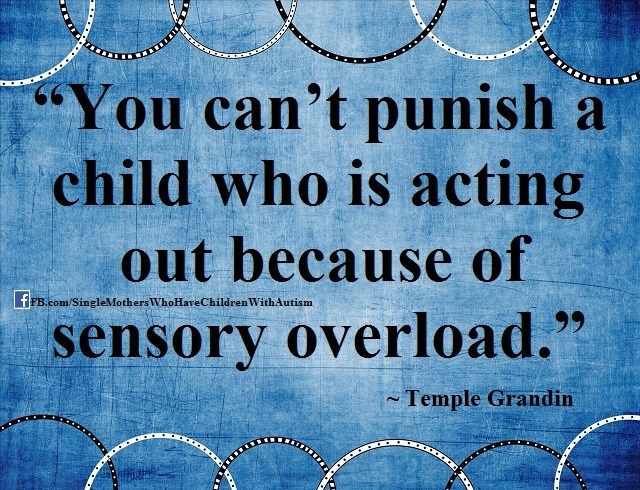 We all share the same basic feelings and aspirations," she says.
We all share the same basic feelings and aspirations," she says.
"I know quite a few people who just live without an official diagnosis. They know that they are different from others, but they have enough opportunities to adapt," adds Natalia.
Image copyright, Getty Images
Image caption,"Autism affects the way a person thinks, so it's hard to diagnose based on someone's thoughts," says Alice
But Sylvia says it's worse not to know what's happening to you: "The curriculum of our doctors does not address ASD in detail. So when they see a patient with certain characteristics - a child or an adult - they may not think that it is autism. As a result, the diagnosis is not made, and people continue to live with this disease without even understanding what it is."
"In our culture, if you engage in certain behaviors, you will be labeled as 'mentally ill'," Sylvia says. "It carries a lot of negative connotations, so it's not surprising that people tend to avoid this stigma and look for other coping mechanisms to cope with problems, but what if there is no such possibility?
- Autism in the lens: one day of Ilya
According to Sylvia, reaching adulthood with undiagnosed autism can make life very difficult for a person.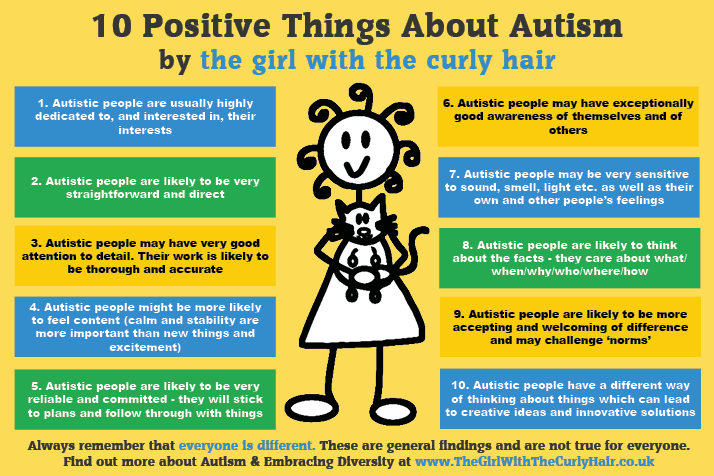
"If students with certain problems are not helped, they are more likely to drop out. By the time you are an adult, you have already been labeled as 'stubborn' or 'stupid' and no one thinks that autism can be the reason for this ".
However, for many in Africa, being diagnosed with autism is "terrible news," Sylvia says. "However, this does not mean a disaster," she says. "We must continue to work with this person in order to bring out his best side."
Sylvia says that she knows from her work and her own experience as a parent that acceptance of people with autism for who they are is key for both the individual and society.
"What do you need? Help with sensory issues? Speech therapist? You must have access to the right treatment if you want to be more active in the community. It's impossible to support a person or look for the right treatments if you don't understand what they need and what they experience," she says.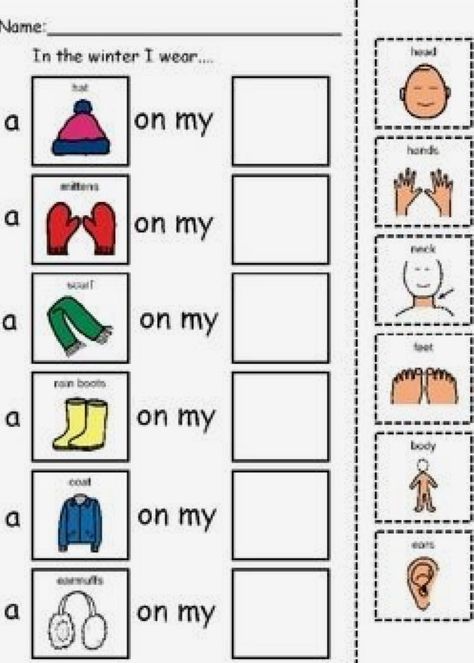
Why diagnose an adult?
Image copyright, Getty Images
Image caption,"The benefit of a diagnosis is a better relationship," says Alice
"I would advise all adults who think they may have a disease on the ASD spectrum to get a diagnosis because it gives a deeper understanding of the problem. When you know what you are facing, you can be better prepared for the problems you are going to face." collide," says Sylvia.
Sudhanshu agrees: "Now I realize that I know people who were no different from me, but got better grades or were more successful in life because they didn't have to deal with the features and disadvantages of such a life on a daily basis."
- What should you be aware of when communicating with a person with autism? 10 Great Moments
"There was so much going on in my head but I could never figure it out. There were things I really couldn't do, so now that I've been diagnosed, I feel so much better" - she says with relief.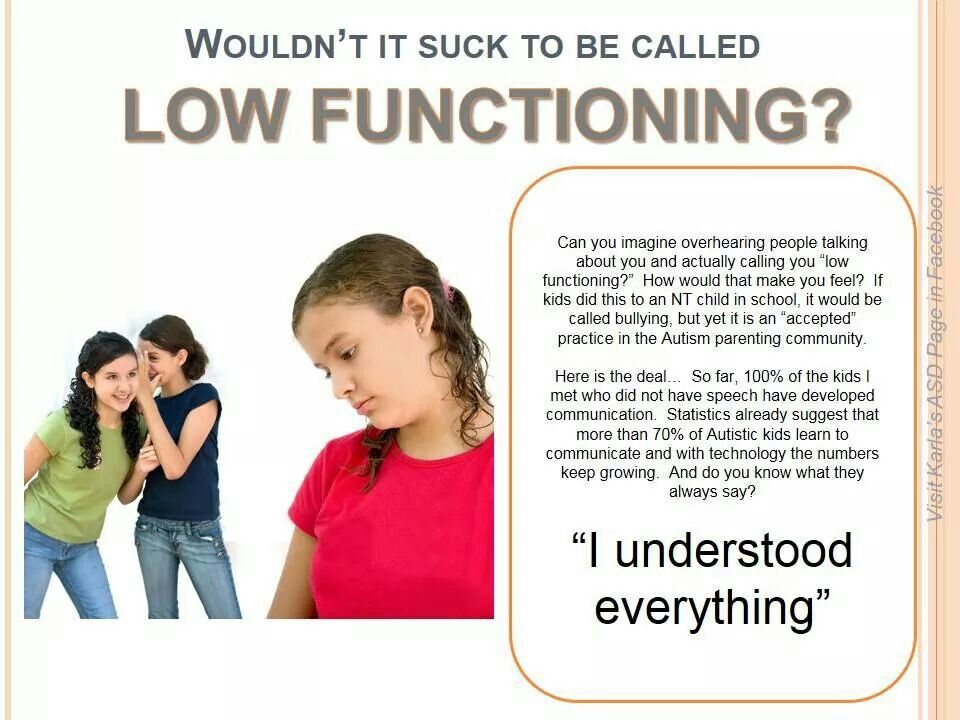
Alice Rowe, a writer and entrepreneur who was diagnosed at 23, understands the relief.
"I would feel a lot less isolated and unhappy if I knew there were other people who felt the same way as me. As a teenager, I felt very lonely," says Alice.
Image copyright, Getty Images
Image caption,Alice: "My friends now understand that I need a lot of time to myself and I don't mind spending too little time with them"
That's it inspired her to create The Curly Hair Project, a social project to support people with autism and their loved ones.
"Probably a lot of people don't get diagnosed at an early age because they feel like everyone has the same problems and they just have to 'try their best,'" says Alice.
- How new therapy will change how we communicate with children with autism
Sometimes "people with autism don't even realize they're 'different', and some may even deny it, so they take their time getting a diagnosis," she adds.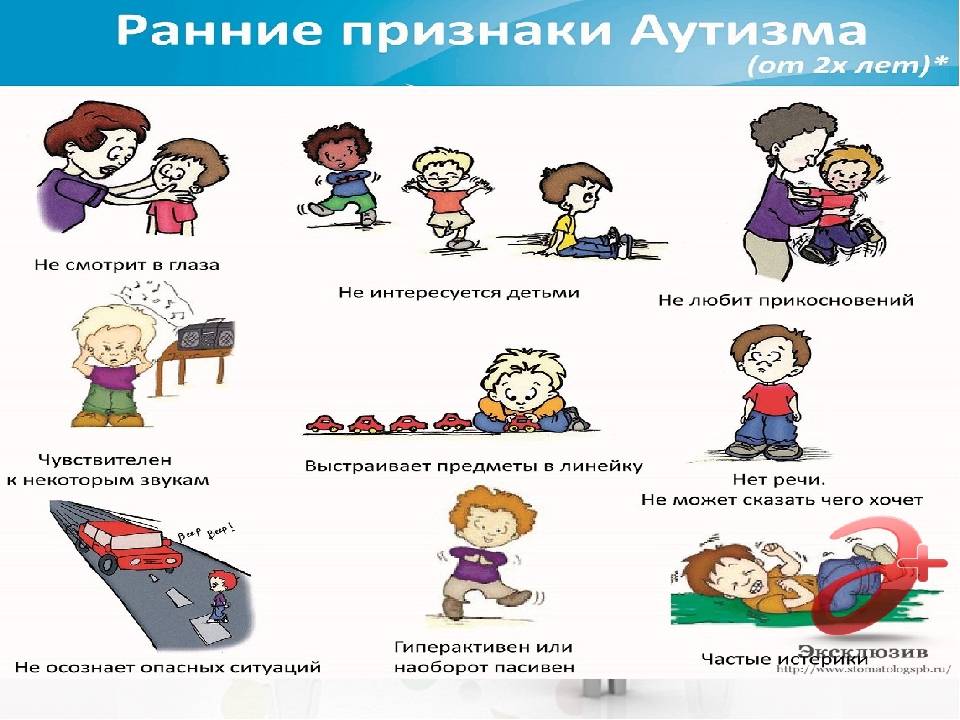
Alice's diagnosis really helped: "My friends now understand me better and we have a stronger relationship. I also feel that I can be myself among people, pretending to be less like them. For good mental health, this is really important ".
Understanding the "invisible state"
Photo credit, Getty Images
Image caption,"It would be nice if more people accepted rather than condemned this state," says Sudhanshu
"It's hard to explain to people that I have some problems because they don't see them. My diagnosis came as a surprise to many of my old friends and acquaintances," says Alice.
Sudhanshu agrees. "Without understanding these features, everyday life is difficult. And even if you have a diagnosis, people don't always understand them."
"There are a lot of things that can be difficult to deal with: noise, smells, crowded places... when you have autism, life can be very difficult because even simple everyday things give you away," adds Sudhanshu.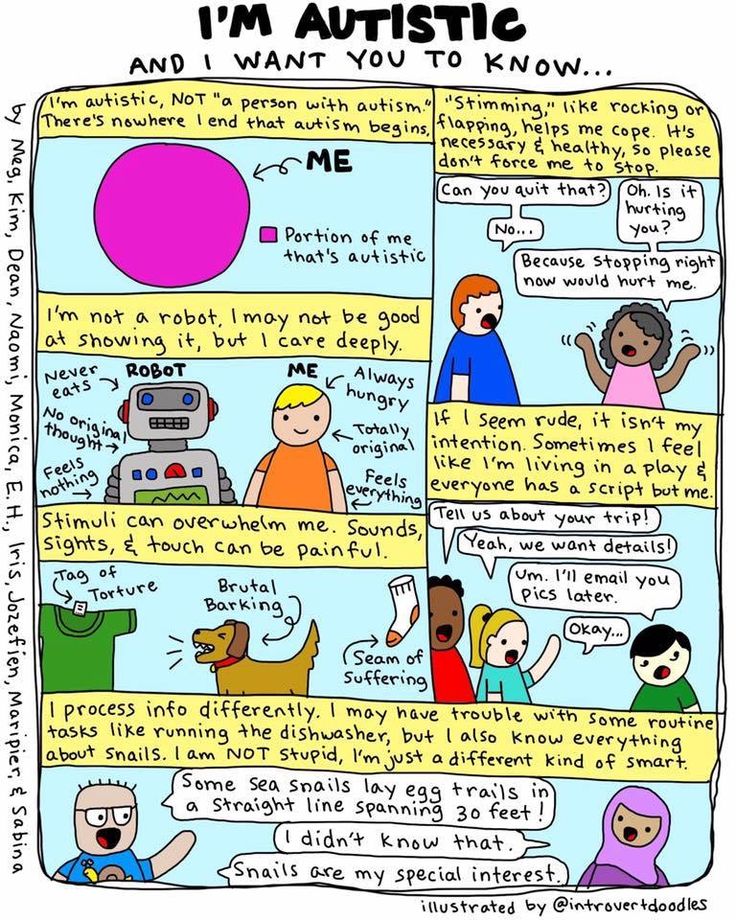
"Some problems are so trivial that others can't even imagine that they are really problems," says Alice. a slight change in plans can ruin your whole day and keep you awake at night, or that it might not be obvious to you how to use the turnstile because you can't figure out where to drop your ticket and which turnstile to go through?"
- Living with autism: is it worth the risk to have another baby
In some ways, restrictions during a pandemic can help people who don't have autism understand what it's like to be stressed when someone invades your personal space or touches your things.
"Now everyone understands how people like me live!" Alice says.
"I've always been hygienic, and it's physically more comfortable for me to be two meters away from others," she adds.
Help yourself
Image copyright, Getty Images
Image caption,"We all have the same feelings and aspirations," says Natalia
"Diagnosis is not the answer to all your problems, but in some cases it can be useful if it helps to get help or be understood by others," says Natalia.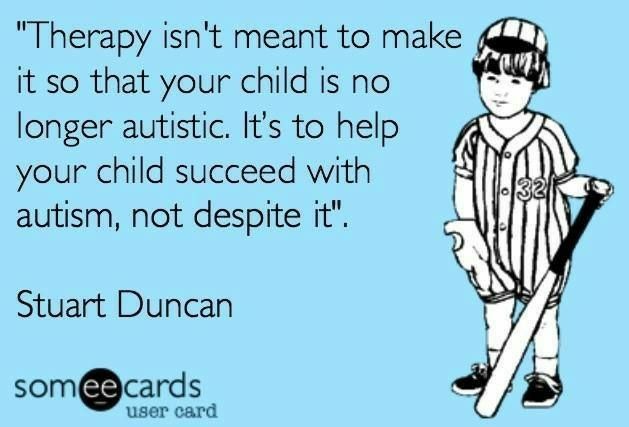 "It can also help you accept yourself for who you are and not feel like an eccentric. If you look closely, we are all a little eccentric" .
"It can also help you accept yourself for who you are and not feel like an eccentric. If you look closely, we are all a little eccentric" .
"Knowing that I am a person with autism helps me prepare and better deal with problems or avoid uncomfortable situations," says Sudhanshu.
Alice agrees: "Now that I'm older, it's easier for me to live because I understand myself better, and this understanding really improved after I was diagnosed with Asperger's syndrome [formerly used as an autism spectrum diagnosis, now part of ASD It also helps that others now know a lot more about autism."
Sudhanshu advises to properly study the problem and tell others about it: "Autism is for life, so the more you know about it, the easier it will be for you to live."
Autism - types of autism: mild form in children and adults
Informburo.kz understands what autism is, what forms it has, and how people with autism spectrum disorders are helped in Kazakhstan.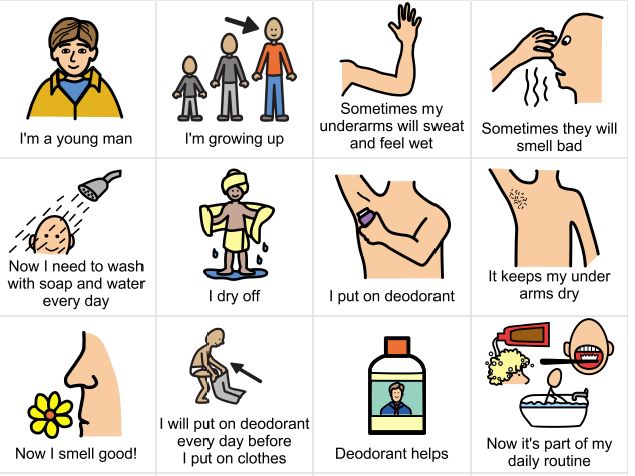 And we also spoke on condition of anonymity with a person with Asperger's syndrome (a mild form of autism), who turned to specialists only after 20 years, and as a child thought that "everything around is just smarter."
And we also spoke on condition of anonymity with a person with Asperger's syndrome (a mild form of autism), who turned to specialists only after 20 years, and as a child thought that "everything around is just smarter."
What is autism and why is it wrong to say "disease"?
Autism is a pervasive (that is, general, extensive) name for a mental state with a reduced or distorted ability to interact with the social environment. A person with this type of psyche (most often it is called disorders or deviations from the norm ) cannot learn through the social environment and receive from it a lot of information important for "normal" development.
See also: "It is very important to accept the baby as he is." Why autism is not a disease
Children with autism spectrum disorder (ASD) are most often recognized by doctors as developmentally retarded - such children start talking late, do not look into the eyes, withdraw into themselves. Kindergarten teachers and teachers in schools cannot afford to give them special attention and deal with them individually, so parents are advised to send them to a remedial kindergarten or special school.
Kindergarten teachers and teachers in schools cannot afford to give them special attention and deal with them individually, so parents are advised to send them to a remedial kindergarten or special school.
"There are difficulties in recognizing a lie or some kind of hint. For others, some signals may be obvious, but it can be difficult for me. For example, once they told me that they were flirting with me, but I didn’t understand. It’s a shame sometimes very much,” says Ilyas (the name was changed at the request of the hero). “A phrase like “You understand what I mean” is damned at all. No, I don’t understand.”
It is not clear which influences the occurrence of autism spectrum disorders more: the interaction of multiple genes or rare mutations. Symptoms of ASD include:
-
Stereotypical behavior. A person is absorbed in monotonous actions, as he tries with all his might to avoid any changes in the way of life;
-
Lack of learning.
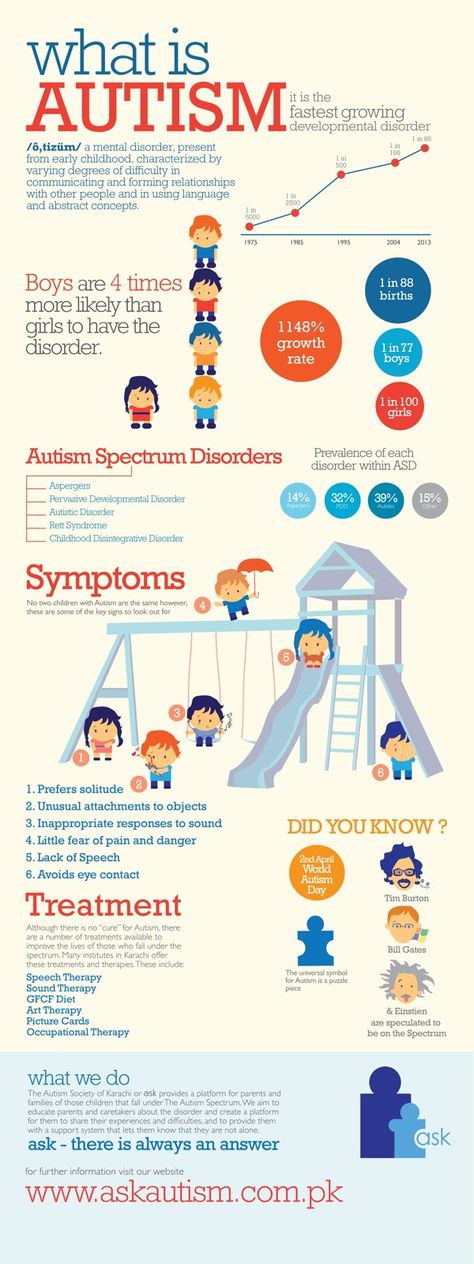 Almost 100% of children with Kanner syndrome (a nuclear form of childhood autism) have an IQ level below 100. At the same time, learning problems are not only in severe form of ASD: the intelligence of people with Asperger's syndrome is usually average or even above average, but the learning problem is not disappears;
Almost 100% of children with Kanner syndrome (a nuclear form of childhood autism) have an IQ level below 100. At the same time, learning problems are not only in severe form of ASD: the intelligence of people with Asperger's syndrome is usually average or even above average, but the learning problem is not disappears; -
Seizures. A quarter of people with severe forms of ASD and about 5% of autistic people with a mild disorder and a normal level of intelligence development suffer from seizures;
-
Hyperexcitability and motor activity, disorder of concentration. Most often, hyperactivity manifests itself with tasks and actions imposed from outside, it is easier for a person to concentrate on independently chosen tasks;
-
Outbursts of anger , caused by the fact that a person cannot explain his needs or that someone interferes with his rituals and routine;
-
Increased sensory perception and increased attention.
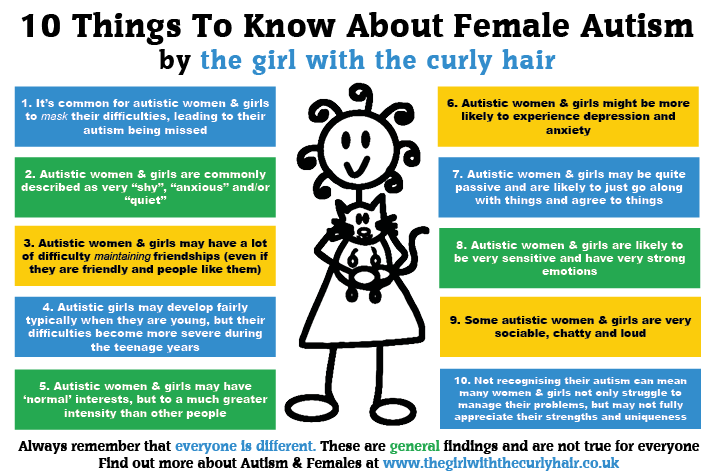 There is no firm evidence that sensory symptoms may be a feature that distinguishes autism from other developmental disorders.
There is no firm evidence that sensory symptoms may be a feature that distinguishes autism from other developmental disorders.
Of course, there are a number of traits that make a person diagnosed with autism (for example, some kind of distortion of speech communication), but if you look into the details, then no two people with an autism spectrum disorder are the same. Different habits, different fears and manners, different principles and methods of interaction with the surrounding reality. Other methods. Not the kind people are used to, whose condition is closer to the norm accepted in society. Hence the main marker by which these people can be "identified" is stigmatization. Children and adults with an autism spectrum disorder are immediately recognized as mentally ill, and some relatives, parents, or even doctors try to treat autism. Sometimes in rather strange ways.
So, on one of the information sites, under an article about autism spectrum disorders, a woman seriously writes that the wording "another type of psyche" was invented by the Americans, whose goal, of course, is to destroy our people (the site is Russian, and the people mean Russian), and, in order to resist, this must be "uprooted".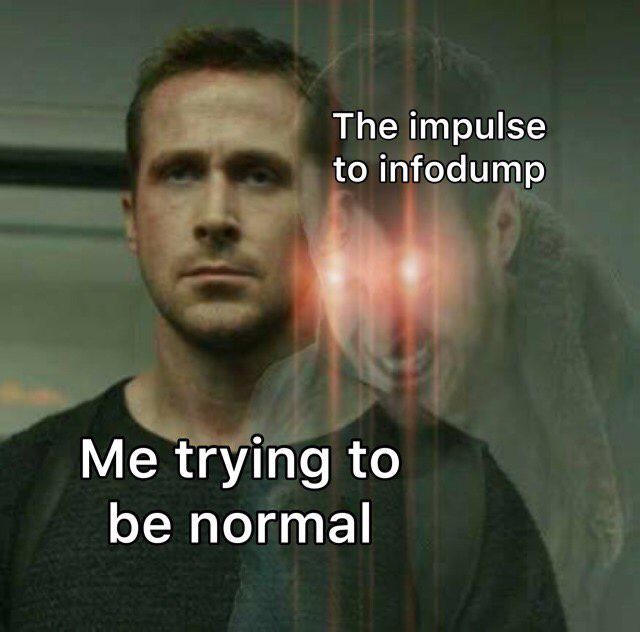 For example, eliminating dairy products from the child's diet. How and in what way this will help - the commentator does not specify.
For example, eliminating dairy products from the child's diet. How and in what way this will help - the commentator does not specify.
Is autism a disease?
There are no autism spectrum disorders in the classification of mental disorders and diseases in Kazakhstan according to ICD-10 (Tenth Revision of the International Classification of Diseases). According to specialists from the Bulat Utemuratov Foundation, autism as a mental illness is included in the classification of diseases, but there is no concept of "autism spectrum disorder", which does not apply to diseases.
Autism is not a disease / Photo by the Bulat Utemuratov Foundation
The classification of mental disorders adopted in Russia includes several diagnoses related to ASD - childhood autism, atypical autism, Asperger's syndrome (F-84.0, F-84.01 and F-84.5 according to the ICD-10 classification, respectively). It is important that during the life of one person these diagnoses can change, and doctors can confuse one with the other.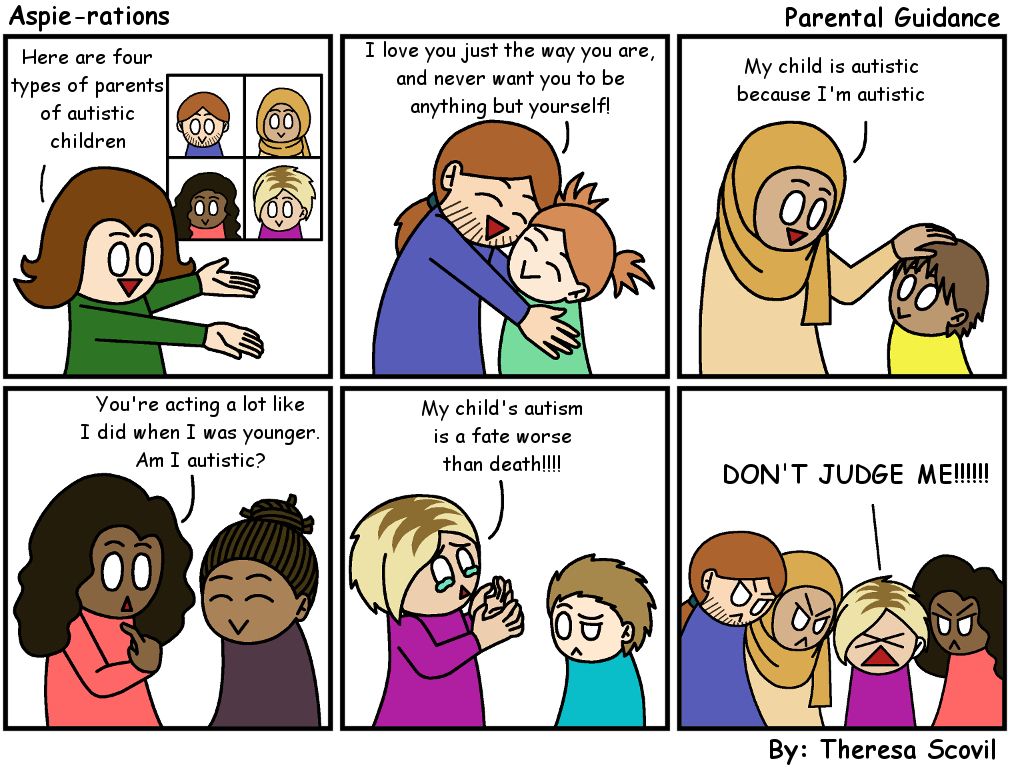 The problem has not been sufficiently studied, and society knows very little about it at all. What do you imagine when you hear "autism" other than Dustin Hoffman in "Rain Man"?
The problem has not been sufficiently studied, and society knows very little about it at all. What do you imagine when you hear "autism" other than Dustin Hoffman in "Rain Man"?
In the public domain there are special tests for diagnosing autism spectrum disorders. It is important to understand that after going through them, you will not be able to make a diagnosis for yourself, but they will help you navigate and understand whether you need to go to a specialist. You can take such a test here or here (the latter is more complicated, it is just designed for self-diagnosis of Asperger's syndrome; tests for children can also be found on the same site).
"The disorder manifests itself in the fact that, for example, too bright lights or loud sounds can irritate you. I'm not sure that this can be understood correctly the first time. I'll try to explain. You don't feel discomfort or some other unpleasant feelings, but horror "Stranger company - panic attack, no clear, predictable structure and topic of conversation - panic attack. Help, although it may sound funny, repetitive actions, it calms the nerves, and sometimes alcohol."
Help, although it may sound funny, repetitive actions, it calms the nerves, and sometimes alcohol."
There are statistics only for children: according to the PMPK (Psychological-Medical-Pedagogical Commission) for 2018, the number of children with autism in Kazakhstan is 3820. However, according to an expert assessment by Professor Eric Fombonne (University of Oregon, USA), who studied the prevalence of the disorder in Kazakhstan – We have 59 thousand children with ASD. Unfortunately, it is impossible to name the exact number of people who are born, live and try to overcome sometimes insurmountable barriers in interaction with the social environment in Kazakhstan.
In the United States, for example, according to the Centers for Disease Control and Prevention, autism is diagnosed in 1 in 68 children.
Autism is an umbrella term for many different conditions. The root difference between people with ASD lies in the disorder of empathy (a person's ability to perceive other people's emotions and respond to them), due to genes.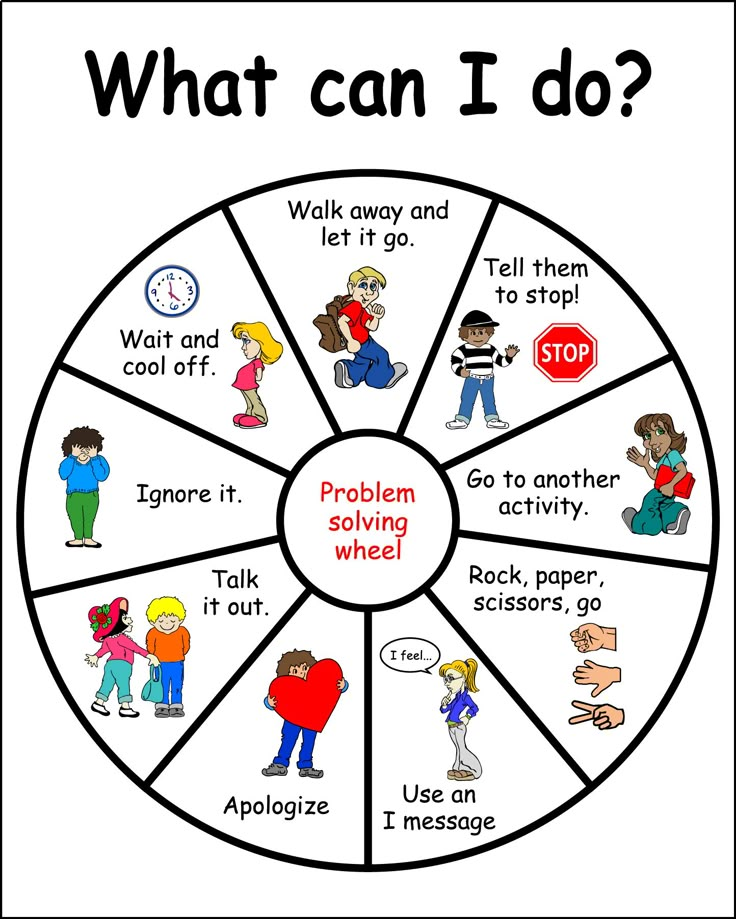 About 70% of cases are associated with mutations in genes. Also, the cause of autistic disorder may be late pregnancy, late age of parents at the time of conception, illness of the mother during pregnancy. Modern methods of genetic examination can detect autism in only 25% of patients.
About 70% of cases are associated with mutations in genes. Also, the cause of autistic disorder may be late pregnancy, late age of parents at the time of conception, illness of the mother during pregnancy. Modern methods of genetic examination can detect autism in only 25% of patients.
How is autism treated?
Autism, specialists of the Bulat Utemuratov Foundation are sure, is not a disease, but a special state of development of a child with impairments in three areas: communication, social interaction, patterns of repetitive actions. Therefore, autism is not treated, but helps to improve skills in these areas in order to improve the quality of life of the child. Yes, a person with ASD needs special treatment, and this does not make him different from everyone else, but society is not ready to recognize ASD as a variant of the norm.
Asperger's Syndrome (named after the Austrian pediatrician and psychiatrist Hans Asperger) is a high-functioning autism disorder that retains basic cognitive skills but has severe socialization problems.
Asperger's is often characterized by marked clumsiness. The term was introduced in the 80s, and diagnostic standards were developed in the 90s.
Say the word "autistic" and then describe what comes to mind. This is a child. Most likely a boy. He sits in a corner, hugging his knees, and sways from side to side. He hardly talks, only mumbles something under his breath, does not look into his eyes and plays with only one toy. Plus, he's probably a genius. So? Type "autism" in a search engine and you will get two dozen articles mentioning Newton, Einstein, Mozart, Marie Curie. In the minds of the majority, this "disease" works on the principle of conservation of energy: if you cannot integrate into social society, you will be a great mathematician. This is wrong.
Read also: Learning to speak with JASPER: how to help people with autism
"The hardest thing, to be honest, was when I was a kid. I don't know how it is for others, because Asperger's is the mildest form of autism, but it's a shame when you're doing homework with your mom and you tell her that you can’t understand something, you don’t understand and you can’t do anything about it, and the answer is: “You can do everything, don’t be lazy!” Of course, it’s important to say that mom is not to blame for this, such disorders have only recently been diagnosed, but this gives rise to fears in you, a feeling of inferiority, a feeling that they are here - normal people who understand that you are, and you are somewhere outside.
People with ASD do develop asynchronously: some cognitive skills improve faster, some may not show progress at all, but the philistine idea of their genius is exaggerated - there are as many gifted among them as among "normal" people. "Genial madman" (or "scientific idiot") is a very different disorder - savantism (outstanding abilities in one or more areas of knowledge, in contrast to the general narrowness of the personality) - which does not occur only in autistic people.
The latest Danish study - the largest to date - looked at 6,517 cases of autism from a sample of 650,000 children followed over 10 years. No association with the MMR (measles-mumps-rubella) vaccine could be found.
The otherness of people with ASD is due to their characteristics: a person can be obsessed with mechanical objects and echolocation (uncontrolled repetition of other people's words) or reversal of pronouns (you ask: “What is your name?”, The child answers: “Your name is Ilyas”), fixated on what -something repetitive action, may have difficulty with when to say, why to say and what to say in a given situation.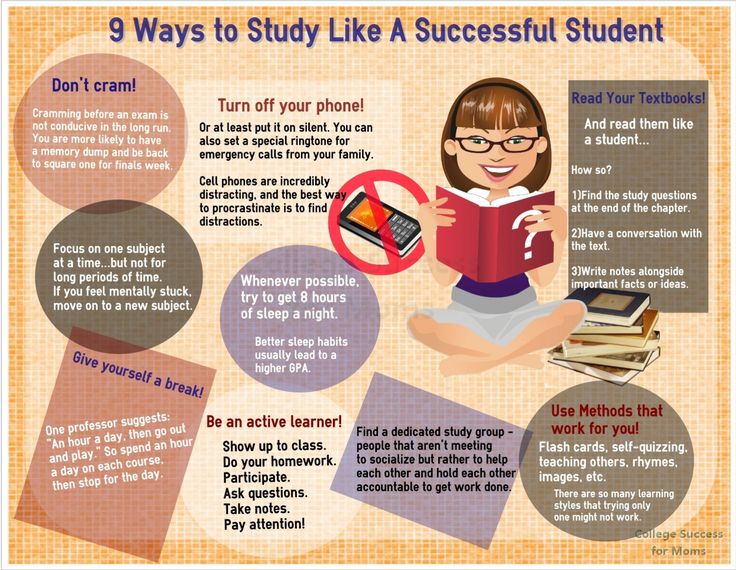 Most often, people with ASD cannot assess social risks, because they do not understand the generally accepted rules and unspoken signals (the most difficult is with the unspoken rules of behavior, for example, the same flirting). In addition, people with ASD are more prone to stress and phobias.
Most often, people with ASD cannot assess social risks, because they do not understand the generally accepted rules and unspoken signals (the most difficult is with the unspoken rules of behavior, for example, the same flirting). In addition, people with ASD are more prone to stress and phobias.
"At the same time, I'm not stupid, I understand that my fears have no rational basis. No one is watching me, no one is laughing at me, and normal people have problems with speech," says Ilyas. I have a daughter, I am the same as you. My morning differs from yours only in daytime tranquilizers and an auto-training program at the mirror. I have a job, friends, although they are few, but, for example, I do not need to take drugs to please serotonin pit. I don't get out of it most of my life."
Due to the fact that there are problems with fitting into social norms, a person with an autism spectrum disorder tends to streamline: this is how a world that was not created for him becomes more or less comfortable.
I must say that children with autism are well trained, but this, in contrast to working with ordinary children, is a much more complex process, subject to a slightly different logic. By helping a child with ASD learn from an early age, professionals can transform the child. In Kazakhstan, both non-profit and commercial organizations work with children with ASD. They provide a variety of services, including behavioral intervention services, sports activities, tutoring services, inclusion in general education programs, and more.
"Learning is very difficult. Information is hard to digest, it's hard for you to understand what you read or what they tell you, but even if you understand, but don't know why it is necessary, how to use this information, it is absorbed even worse. At the same time, you see that others already bounce off their teeth and think that you are just stupid. Why do you need to behave this way at school and not otherwise? This question tormented me all my childhood.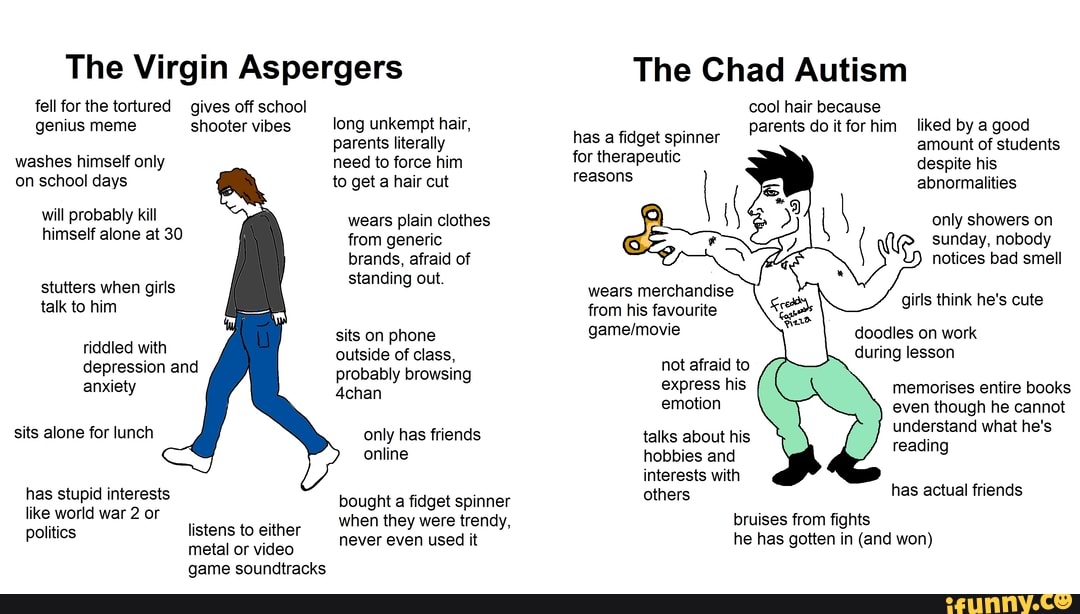 But you can adapt. Doing it like this is great, good, I will Imitation turned out to be the best option for me: you choose an object for yourself and just behave in the same way," says Ilyas.
But you can adapt. Doing it like this is great, good, I will Imitation turned out to be the best option for me: you choose an object for yourself and just behave in the same way," says Ilyas.
Corrective therapy, or so-called behavioral intervention, is used to work with people with ASD. The goal is to eliminate unwanted behaviors and develop useful skills for the person. (Thus, they work not only with autism, but also with phobias and, for example, drug addiction).
"There are statistics on children who are registered and receive services at Asyl Miras Autism Centers," says Zhanyl Mukashova, program director of the Bulat Utemuratov Foundation, "including the diagnostic service, intervention programs, and a program of work with parents. Currently, 6783 are registered in our centers children aged 0-15 years, of which 82% of children, according to the results of the work of the diagnostic service, revealed the autism spectrum.
There are at least two types of remedial therapy: Early Intensive Behavioral Intervention (EBE) and problem-based outpatient or counseling services.







